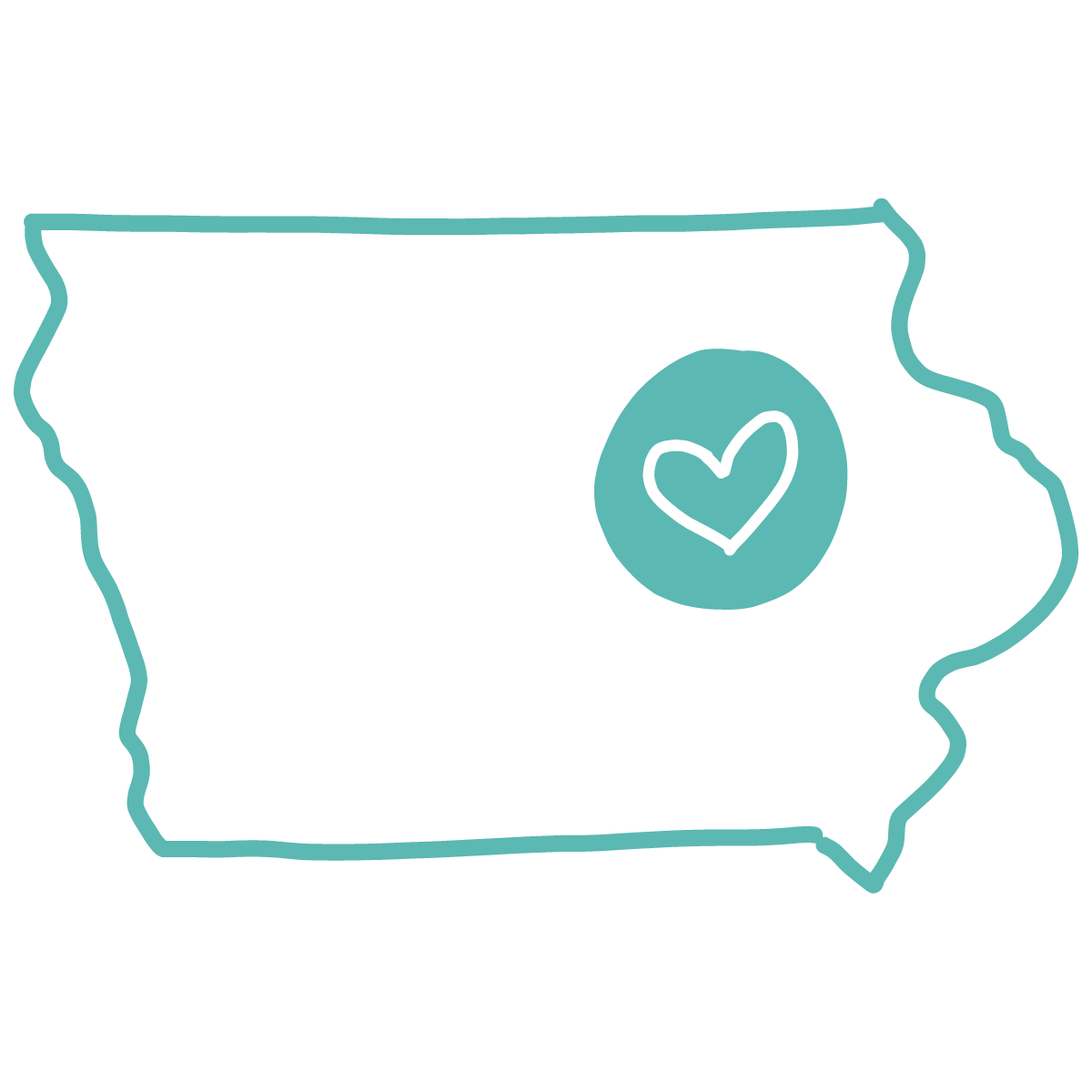...

Act & Implement
...
...
Every discipline has its forms of action: ballet dancers lunge and pirouette; boxers throw jabs and uppercuts. Likewise, creative activists have their own forms of action. Some, like a sit-in, march or picket line, have been used for generations. Others, like flash mobs and hashtag campaigns, are recent innovations. As with ballet or boxing, a single tactic, no matter how well executed, rarely wins the day. Victory comes, if it comes, through creative combination and variation.
...

Gather to Grow
Gather to Grow: A Cedar Valley Story Circle Project is a UNI Imagining America initiative to provide the tools and opportunities for citizens of the Cedar Valley to grow together through shared experiences telling and listening to personal stories. This is accomplished through facilitated storytelling circles. Visit the website to learn more about the project and consider hosting a story circle.
...
...
Policy Bias/Inclusion Screening Tool
Want to screen the policies in your workplace or organization for bias? Ericka Gonzalez-Smith alongside UNI’s Office of Research & Effectiveness have created an easy-to-use tool to assist you in making sure your policies are inclusive. As you use the tool, remember that daily interactions will be the most telling sign of whether or not your organization has an inclusive culture. Evaluating policy through the lens of equity and inclusivity requires us to consider who will apply policy and how implementation will be enforced. More often than not, inclusive practices are not explicitly indicated in a written policy. In some instances, a policy may seem inclusive, however in the day to day operations and activities of an organization biases may emerge. To avoid this, consider all domains of identity and processes/scenarios that may arise.
In your process and discussions about policy please answer the statements outlined in the screening tool. If any statements are marked "True" this is an indication that a conversation needs to be facilitated around the topic raised. The group reviewing policy should aim to propose recommendations that will satisfy policy concerns.


Economic Inclusion Toolkit
Grow Cedar Valley's Economic Inclusion initiative is designed to strengthen the Cedar Valley through promoting full inclusion in business, and to focus on the importance, impact, and benefits to business of effective inclusion practices. The belief is that everyone should have the opportunity to participate in the economy. This includes employees, employers, entrepreneurs, and customers. The Inclusion Toolkit is an inclusion best practices library. You will find the diversity and inclusion policies and other management tools used by Cedar Valley businesses.
...

Centre for Global Inclusion Booklet
The Centre for Global Inclusion offers a free downloadable 80-page booklet for helping organizations determine strategy and measure progress in managing diversity and fostering inclusion. Tips and suggestions that outline everything from how to present it to implementing it in everyday situations are available as well. It makes no difference if you’re a fortune 500 or a budding small business, the booklet can help with measuring diversity and fostering inclusion.
...
...
Native American Relations
As indigenous people strive to overcome colonization and racism, they are held back by stereotypes. In the slideshow Native American Relations created by Dr. David Grant, you will learn about mascots controversies, stereotypes and power, as well as steps toward a solution. Read, explore, and discover ways to act and acknowledge that “we are all related.”

...

Infographic by Interactive Digital Studies students, Kade Buysse with Tyler Crawford and Trey Van Weelden
The Black Health Crisis: Problems and Solutions
In this essay, UNI Alumnus Dante Miller discusses the current Black health crisis that is going on in the United States. He begins with a historical analysis of how health disparities have occurred in the Black community over time. Then he takes current literature and discusses why the Black community continues to experience health disparities at a disproportionate rate. Finally, Miller considers solutions to the problem, explores healthcare as reparations, and discusses what that means to Black people.
...

Eddie Moore’s 21-Day Racial Equity Challenge
This challenge offers an abundance of resources to empower you to develop effective social justice habits. Explore the entire website, focusing specifically on Moore’s suggestions for taking action toward racial equity.
...

Anti-racism daily
Curated by Nicole Cardoza, the anti-racism daily newsletter suggests tactical action you can take to practice anti-racism each day. These free daily emails explain how racism is embedded in our politics, criminal justice system, and workplaces, and offer practical steps toward solutions. Although the emails are free, financially supporting this site will ensure that the diverse voices and stories will continue to be shared. Click here to donate.
...
Beyond the Bookclub: Antiracism in Action
In this episode of the podcast Teaching While White, podcast co-hosts Jenna Chandler-Ward and Elizabeth Denevi ask, what can White teachers do in this moment to take action in the midst of the duel pandemics of Covid and Racism? Their guests, Jose Vilson and Kelly Wickham Hurst give their insights as two educators who are leading efforts to move schools towards antiracism. (Podcast length: 53:01).
Intercultural Development Inventory
Intercultural Development Inventory® (IDI®) is an assessment to help people improve their intercultural competence. The Intercultural Development Inventory is a 50-item questionnaire available online that can be completed in 15–20 minutes. The IDI generates profiles of an individual’s intercultural competence and then creates a customized Intercultural Development Plan® (IDP®). If you would like to learn more from certified facilitators, contact Ericka Gonzalez-Smith (ericka.smith@uni.edu) or Jenny Connolly (jenny.connolly@uni.edu). Or watch an introductory video to learn more. (video length 3:28)

